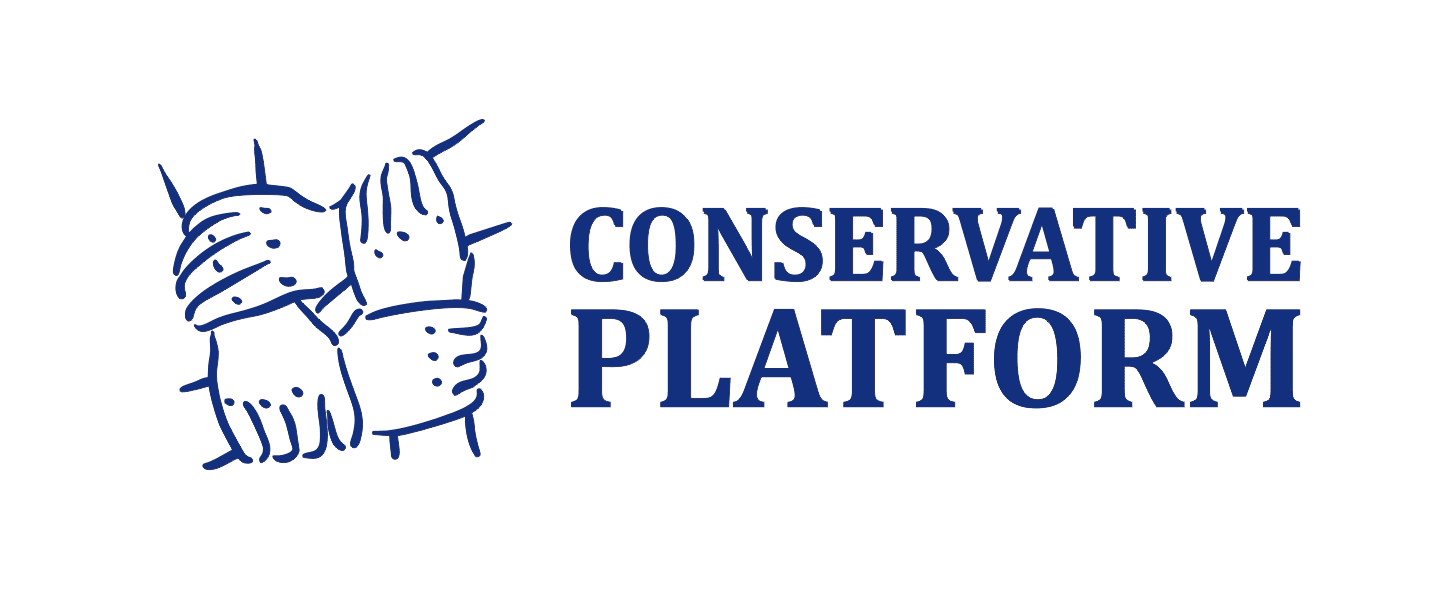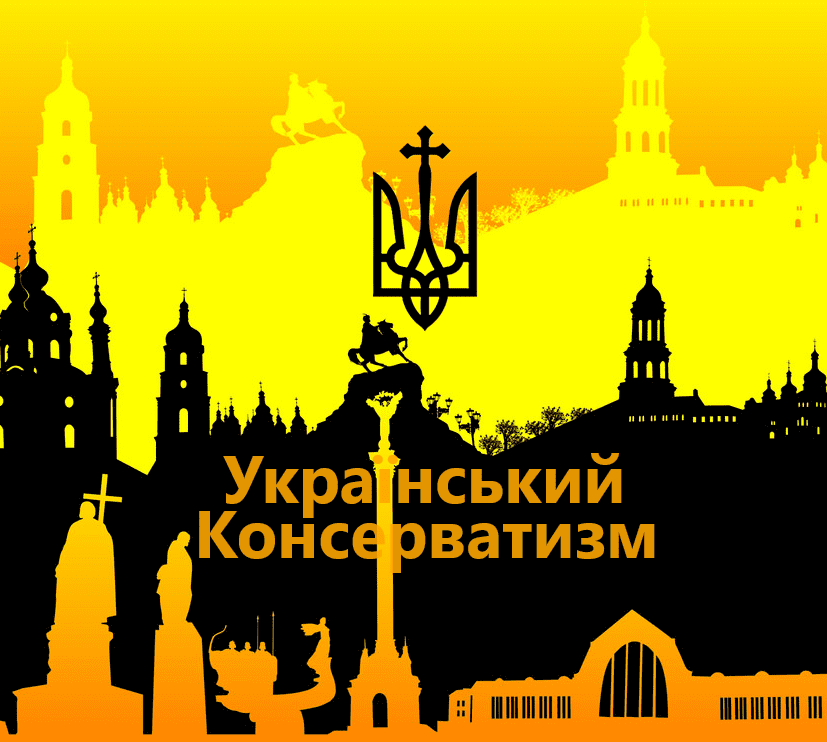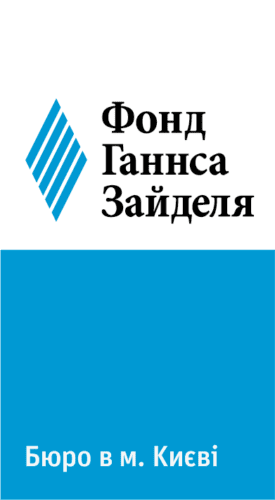One of the three key figures of Ukrainian conservatism was Vasyl Kuchabsky, a political and military figure who fought for Ukrainian independence in word and deed, laid the scientific and theoretical foundations of the statehood idea, and led the communist secret services by the nose for decades.
Already in his student years, the young Kuchabsky moved on to the practical dimension of the struggle for the Ukrainian idea: in 1913 he co-organized the secret paramilitary organization Mazepa’s Military Course. Its members attended lectures on military affairs, organized field exercises and firing, and procured weapons. Kuchabsky himself wrote several manuals on military affairs. So the First World War did not take the organization by surprise. Kuchabsky gathered a hundred volunteers and joined the Legion of Ukrainian Sich Riflemen, where he soon became the commander of a hundred.
In the battles with the Russian army, Kuchabsky was taken prisoner, but in the chaos of the revolutionary events of 1918, Kuchabsky managed to escape and arrive in Kyiv, where the Ukrainian People’s Republic was proclaimed. Knowledgeable in military affairs, Kuchabsky joined the Galician-Bukovyna Sich Riflemen and fought street battles against Muravyov’s Bolshevik troops. In 1919, Kuchabsky was sent to Sweden as part of the UPR diplomatic mission. But he soon returned to the front, this time of the Polish-Ukrainian war. After the defeat of the ZUNR and his captivity, Kuchabsky actively developed an organized underground, participated in the creation of the Ukrainian Military Organization, was persecuted by the Polish authorities, and after the transfer of Galicia to Polish rule in 1923, emigrated to Germany.
There, Kuchabsky married his longtime associate Anna Zaluzhna, who was also arrested after an assassination attempt on dictator Pilsudski. After starting a family, Vasyl Kuchabsky taught at a German university in Kiel. Many representatives of the Ukrainian emigration taught at universities in Europe, but most worked at Ukrainian universities in European countries. Kuchabsky, on the other hand, was fluent in German and had published substantial scientific works while studying at the University of Berlin. During this period, the central theme of Kuchabsky’s writings was the analysis of the events of the liberation struggle and the reasoning behind its defeat.
Kuchabsky stated that “the founding of a state is not a matter of revolution, but rather of counterrevolution,” that is, the forces that are released during a revolution but work to preserve its achievements and strengthen the newly emerging institutions. And as a true conservative, he emphasized the role of elites in the success of the state project. At the same time, at the beginning of the twentieth century, Kuchabski already called for the formation of a common conservative front of neighboring nations “against everything that leads those nations into chaos.” Developing the theme of Polish-Ukrainian reconciliation, Kuchabski pointed to the common threat of Russian Bolshevism to both peoples.
During the Second World War, the historical traces of the prominent Ukrainian conservative Vasyl Kuchabsky were cut off in Lublin, where he worked as a library director. It was believed that he was killed either by the Soviet services or the Polish Home Army. It was only in 2007 that it was discovered that at the end of World War II, Vasyl Kuchabsky actually moved with his family to Germany. But since the town of Blankenburg, where he settled, fell into the Soviet occupation zone, Kuchabsky, realizing his status as a fighter for the freedom of Ukraine before the Soviet authorities, went into hiding.
At a time when the Berlin Wall was being built and the Stasi was looking for suspicious and unreliable people, UPR and UVO activist Vasyl Kuchabsky lived in East Germany under the guise of a native German citizen, worked in the municipality of Blankenburg, and then taught at a local school. And for a quarter of a century, no one guessed that he was actually a Ukrainian who fought against the Bolsheviks with his own hands.
Until his death in 1971, Kuchabsky lived in hiding in the GDR, having been forced to cut off all contact with the Ukrainian emigration. Many professional spies would not have been able to accomplish this task. It was only after the fall of communism that Detlef Kuchabsky’s grandson learned about his Ukrainian roots when he began to research his own family tree.
Ukrainian conservatism has become one of the most scientifically grounded political theories in the twentieth century, not least because of such prominent figures as Vasyl Kuchabsky.
Author: Valeriy Maydanyuk




